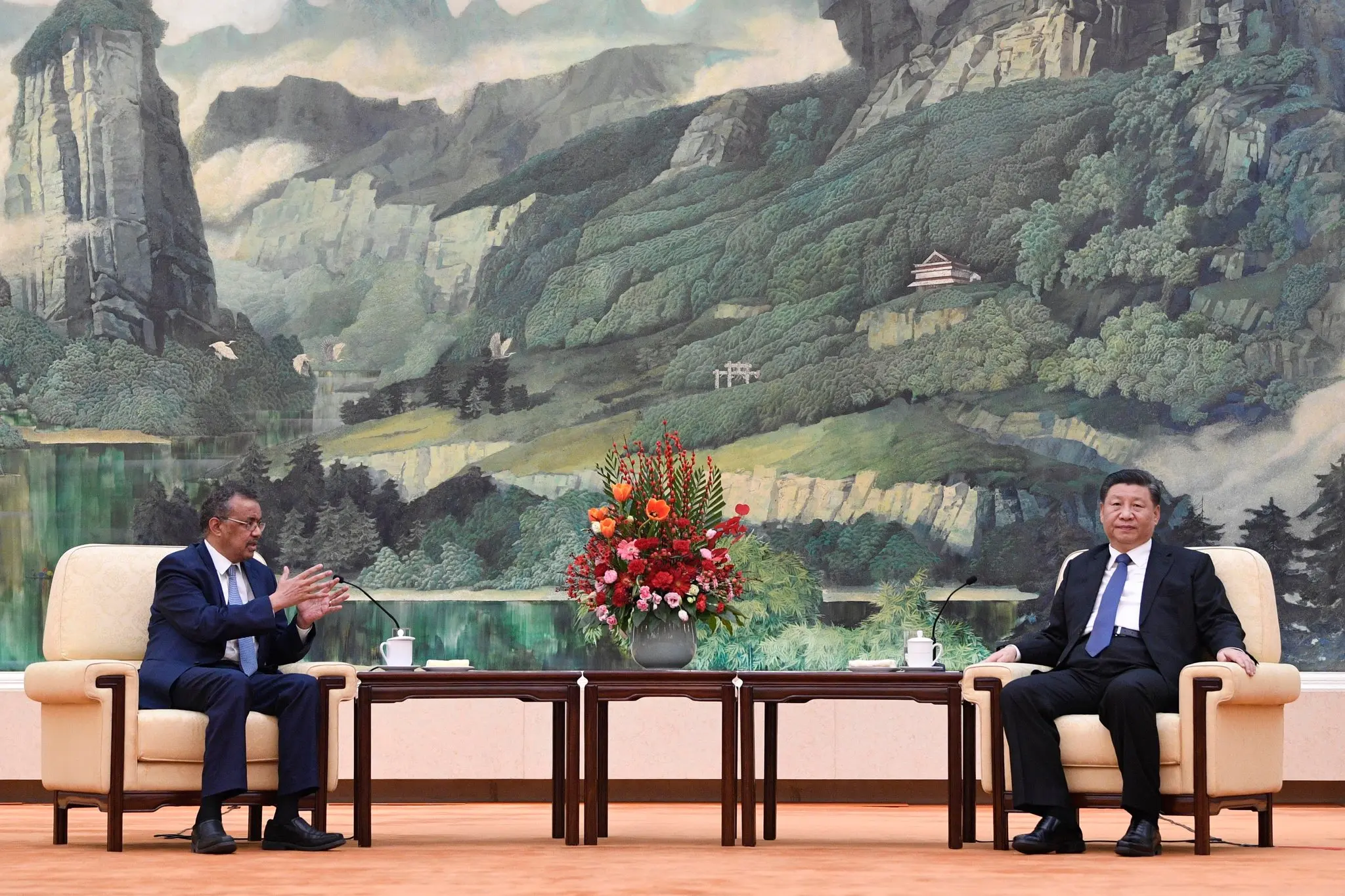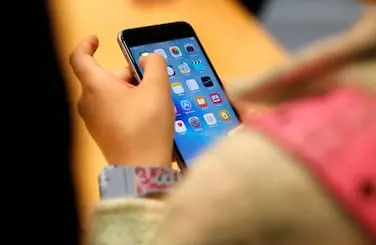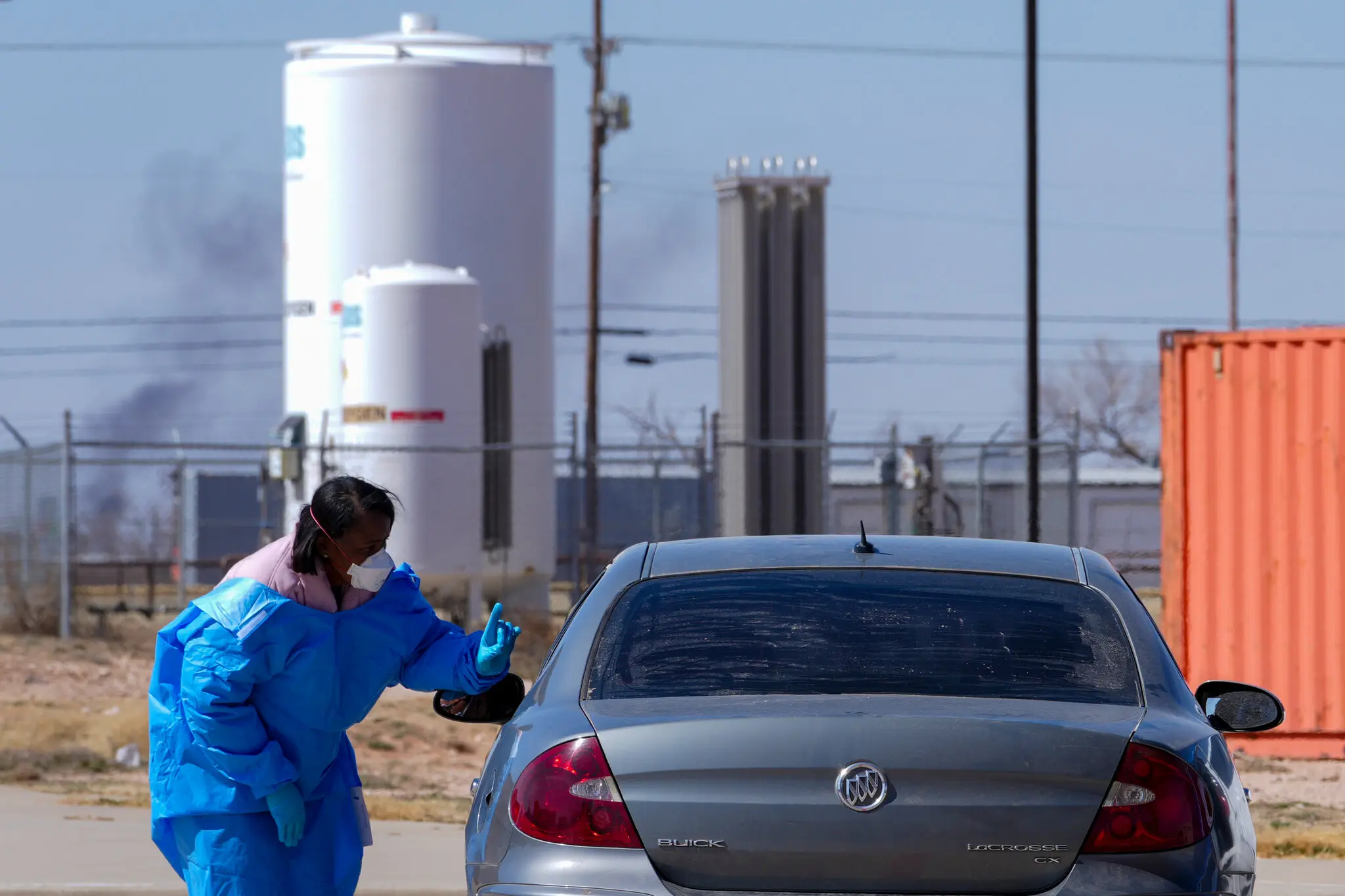C.D.C. and W.H.O. Offers of Covid Support Ignored by China Amid Surge
Despite escalating Covid-19 cases and overwhelmed hospitals, Chinese authorities have remained silent on repeated offers of aid from the U.S. Centers for Disease Control and Prevention and the World Health Organization. The lack of cooperation raises global health concerns.
As China faces a mounting wave of Covid-19 cases following the abrupt end of its 'zero-Covid' strategy, international health agencies have expressed growing concern over Beijing's unwillingness to accept outside assistance or share transparent data. Despite multiple offers from the United States Centers for Disease Control and Prevention (C. D.
C. ) and the World Health Organization (W. H.
O. ) to provide technical support, epidemiological expertise, and vaccine aid, Chinese officials have remained largely unresponsive for weeks. The silence has alarmed global health authorities, who warn that lack of transparency and collaboration from the world’s most populous country could delay the detection of new variants, hinder coordinated response efforts, and undermine global pandemic readiness.
### Offers of Help: Ignored and UnansweredIn December 2022, after widespread protests over prolonged lockdowns, the Chinese government pivoted abruptly from its zero-Covid policy, lifting strict quarantine and testing measures. The result was a swift surge in infections, hospitalizations, and deaths across major cities including Beijing, Shanghai, and Guangzhou. Recognizing the potential for a major public health crisis, both the U.
S. C. D.
C. and W. H.
O. publicly and privately offered to send experts to assist with outbreak response and to help monitor for new SARS-CoV-2 variants. According to officials familiar with diplomatic exchanges, the offers included:- Sharing genomic surveillance tools - Providing mRNA vaccine supplies and training - Assisting with mortality data collection and reporting systemsHowever, Chinese health authorities did not acknowledge or respond to the offers.
“We’ve made clear we’re willing to support with technical assistance, vaccines, or logistics,” said one senior W. H. O.
official. “But as of now, there has been no formal engagement. ”### Concerns Over Data TransparencyThe lack of response is compounded by widespread concern over the reliability of China’s official Covid statistics.
Since the policy reversal, Chinese authorities have reported minimal daily death counts—often in single digits—despite visible evidence of overcrowded hospitals and funeral homes. W. H.
O. Director-General Dr. Tedros Adhanom Ghebreyesus has repeatedly urged China to be more transparent with case and death data.
“We continue to ask China for real-time information. We believe underreporting is occurring,” he said during a Geneva briefing. Public health experts argue that without accurate data, it becomes nearly impossible to assess the true scale of the outbreak—or prepare for possible spillover effects.
### Variant Surveillance Gaps Raise AlarmOne of the most pressing global concerns is the lack of access to real-time genomic sequencing from China. During earlier phases of the pandemic, China shared data via global databases like GISAID. But since November 2022, submissions have dropped drastically.
This has triggered fears that a new variant—potentially one that could evade existing immunity—could emerge and spread undetected. “The virus doesn’t respect borders,” said Dr. Ashish Jha, former White House Covid-19 coordinator.
“If we don’t know what’s circulating in China, the world is flying blind. ”Several countries, including the U. S.
, Japan, and Italy, have reimposed testing requirements for travelers from China, citing lack of reliable data as a major reason. ### China’s Position: Sovereignty and Self-RelianceFrom Beijing’s perspective, the refusal to accept international aid is rooted in political optics and nationalism. Chinese officials have insisted that the country’s Covid response is under control and that foreign interference is unnecessary.
In state media, editorials have framed the West’s offers of assistance as “condescending” or “politically motivated. ” The Global Times, a Chinese state-affiliated outlet, claimed that Western concern is driven more by “anti-China sentiment” than genuine humanitarian interest. Beijing has also promoted domestically manufactured vaccines (Sinopharm and Sinovac), even though studies show they are significantly less effective at preventing severe illness from Omicron subvariants compared to mRNA vaccines.
This refusal to accept foreign vaccines or expertise has hampered vaccination campaigns, especially among vulnerable elderly populations. ### Diplomatic FalloutThe lack of cooperation is straining China’s relationships with key global health partners. U.
S. officials, while cautious in public statements, have expressed frustration. “We’re not trying to point fingers, but we believe global cooperation is essential,” said a senior official with the Biden administration.
In the EU, health ministers have held emergency sessions to coordinate responses and seek ways to pressure Beijing to increase transparency. The W. H.
O. , caught between diplomatic sensitivities and scientific urgency, has issued increasingly pointed appeals. “Let’s be clear: we are not accusing anyone.
But we cannot protect the global population without full cooperation from all member states,” said Dr. Maria Van Kerkhove, the W. H.
O. ’s Covid-19 technical lead. ### Lessons From the Early PandemicFor many observers, China’s current silence is a painful echo of the early weeks of the original Covid-19 outbreak in late 2019.
At that time, Chinese authorities were accused of downplaying the virus and punishing whistleblower doctors, contributing to its unchecked global spread. This time, experts worry that history may be repeating itself. “In 2020, the world learned the hard way what can happen when data is hidden,” said Dr.
Michael Osterholm, an infectious disease expert at the University of Minnesota. “We cannot afford a similar blind spot now. ”### What’s at StakeAt the heart of the issue is not just China’s domestic Covid surge—but what it might mean for global health security.
The longer China remains opaque, the greater the risks:- Variant Emergence: New variants could develop and spread undetected. - Preparedness Gaps: Global vaccine developers and health agencies may be slow to react to a changing virus. - Loss of Trust: Public trust in global health systems and diplomacy may erode further.
“This isn’t just about China,” said Dr. Ngozi Okonjo-Iweala, head of the World Trade Organization. “It’s about the principle of shared responsibility in a pandemic.
”### Conclusion: A Call for TransparencyAs the virus continues to evolve, scientists and health leaders emphasize that cooperation and open data sharing are more critical than ever. Even as countries move to treat Covid-19 as endemic, blind spots like China’s surge pose real threats. The W.
H. O. and C.
D. C. remain ready to help—but assistance requires mutual trust and acknowledgment of shared global risk.
Until China fully engages with the international health community, the world may remain in the dark about one of the largest active Covid outbreaks—and the consequences could extend far beyond its borders.
24th july 2025



